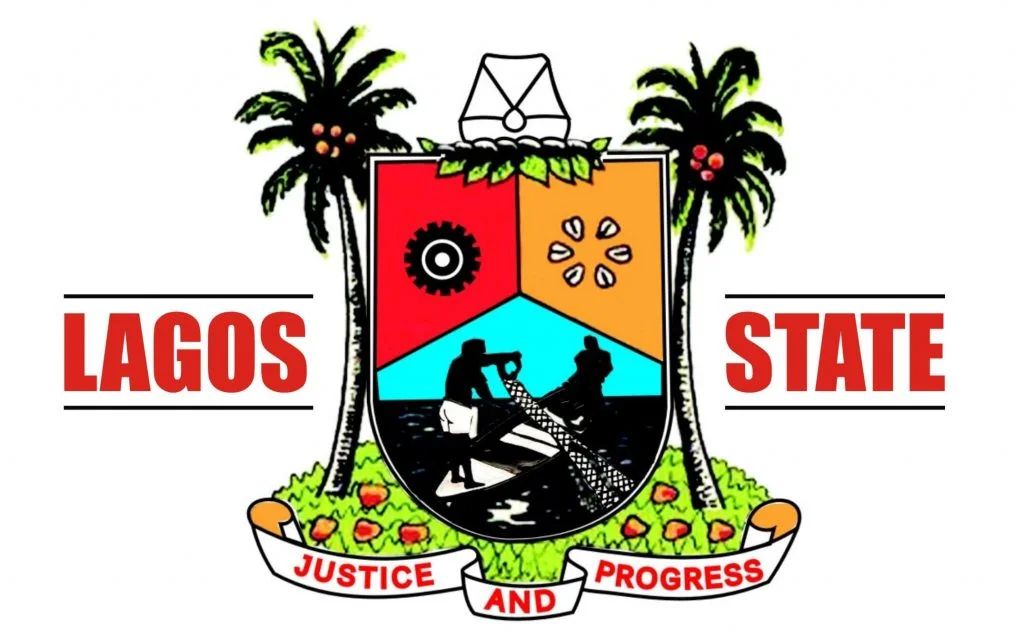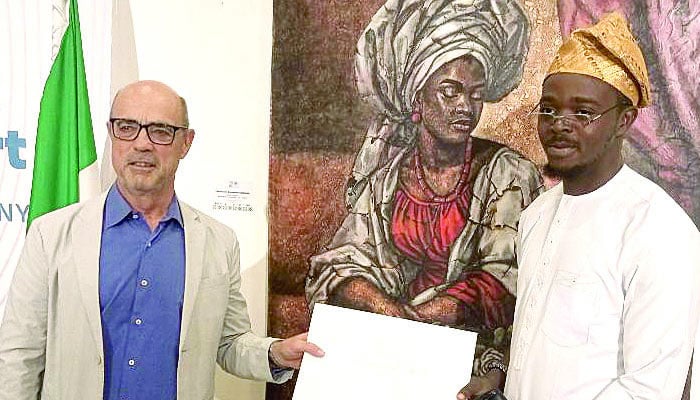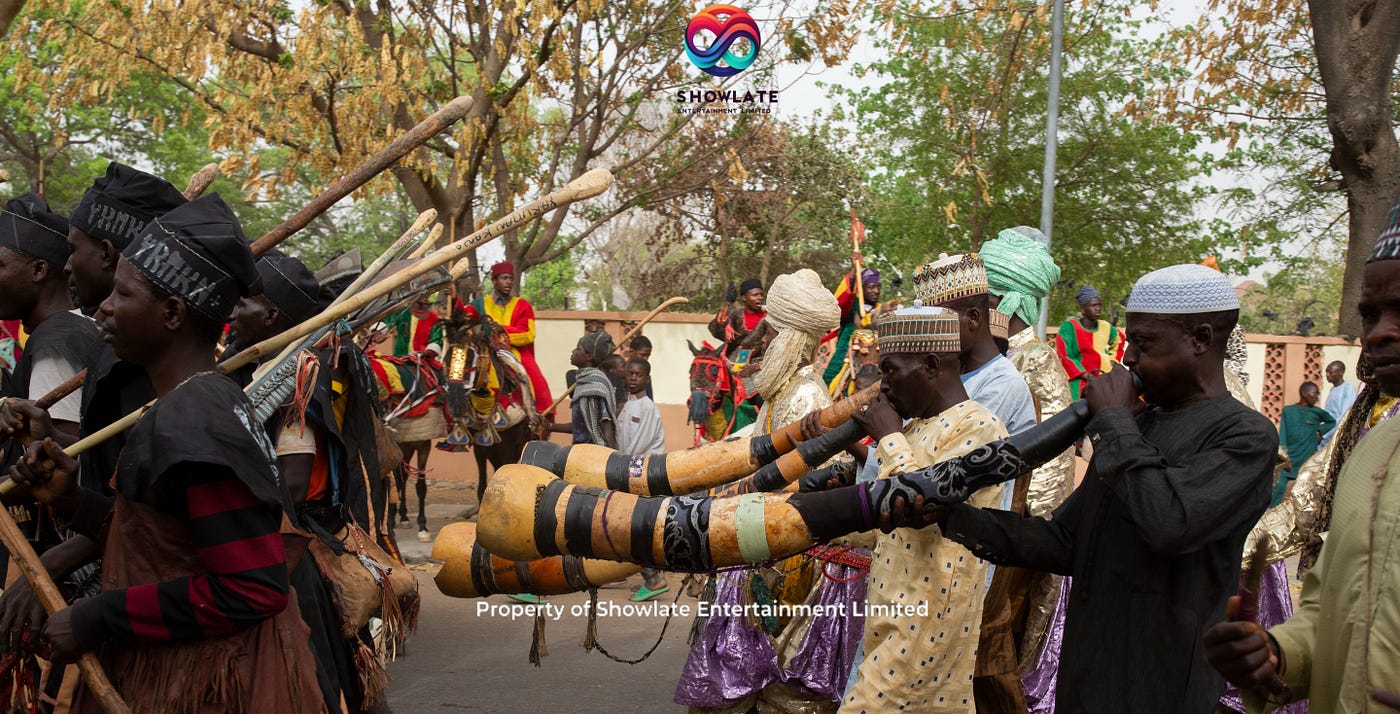ECOWAS is targeting 10 million intra-community tourists by 2029, leveraging tourism as a key driver of economic growth in West Africa
The Economic Community of West African States (ECOWAS) has set an ambitious goal to attract 10 million intra-community tourists to the subregion annually by 2029.
This move is part of the bloc’s broader strategy to harness the power of tourism to drive economic growth in West Africa.
The announcement was made by ECOWAS Commissioner for Economic Affairs and Agriculture, Mrs Massandje Toure-Litse, during a high-level capacity building workshop held in The Gambia on Tuesday.
In her statement, Toure-Litse emphasized that the initiative was aligned with ECOWAS’ commitment to positioning tourism as a key driver of economic development within the region.
Represented by Dr Tony Elumelu, Director of Private Sector at ECOWAS, Toure-Litse outlined the importance of making West Africa a competitive and preferred global tourism destination.
This effort is being supported by the leadership of ECOWAS President, Dr Omar Touray, who recognized tourism’s critical role in stimulating economic growth across the subregion.
“We are focused on making the tourism sector more efficient and competitive. Our aim is to provide ECOWAS citizens with a seamless tourism experience, which will contribute to a vibrant and interconnected region,” said Toure-Litse.
The new tourism policy, dubbed the ECOTOR policy, is a comprehensive framework that addresses various aspects of the tourism industry, from hotel classification to the mobility of staff.
The policy also focuses on improving tourism standards and creating job opportunities for the region’s growing youth and women populations.
A major component of the ECOTOR policy is its focus on the Free Movement Protocol, which encourages cooperation and standardisation among ECOWAS member states to ensure smoother travel across the region.
Toure-Litse highlighted that the goal of the ECOWAS tourism initiative is to increase the contribution of tourism to the Gross Domestic Product (GDP) of member states by at least 12 percent, while fostering sustainable development across West Africa.
She also emphasized the importance of the tourism sector in job creation, noting that tourism has the potential to provide thousands of direct and indirect jobs in the region, particularly in sectors such as hospitality, transport, and cultural heritage.
The capacity building workshop, which took place in The Gambia, aimed to address the capacity gaps within the tourism sector and help tourism operators become more effective in supporting the region’s growth.
The training, which runs for five days, focuses on equipping stakeholders with the tools needed to enhance the competitiveness of the subregional tourism sector.
Sheikh Tejan Nyang, the chairman of the subregional project on hotel standardisation, praised ECOWAS for choosing The Gambia as the venue for the training. Nyang highlighted that the tourism sector was a vital part of The Gambia’s economy, contributing approximately 85 million dollars annually.
This revenue represents about 20 percent of the country’s GDP and supports around 42,000 direct jobs and 40,000 indirect jobs.
“The implementation of this training is a step in the right direction for strengthening the tourism sector across West Africa,” said Nyang. “Tourism is the highest foreign exchange earner in The Gambia, and its development is crucial to the country’s economic prosperity.”
As ECOWAS moves forward with its tourism goals, the subregion is well on its way to becoming a more integrated and competitive tourism community.

 Business3 years ago
Business3 years ago
 Events3 years ago
Events3 years ago
 Culture3 years ago
Culture3 years ago
 Culture3 years ago
Culture3 years ago
 Events3 years ago
Events3 years ago
 Events1 year ago
Events1 year ago
 Paranormal3 years ago
Paranormal3 years ago
 Events2 years ago
Events2 years ago

































